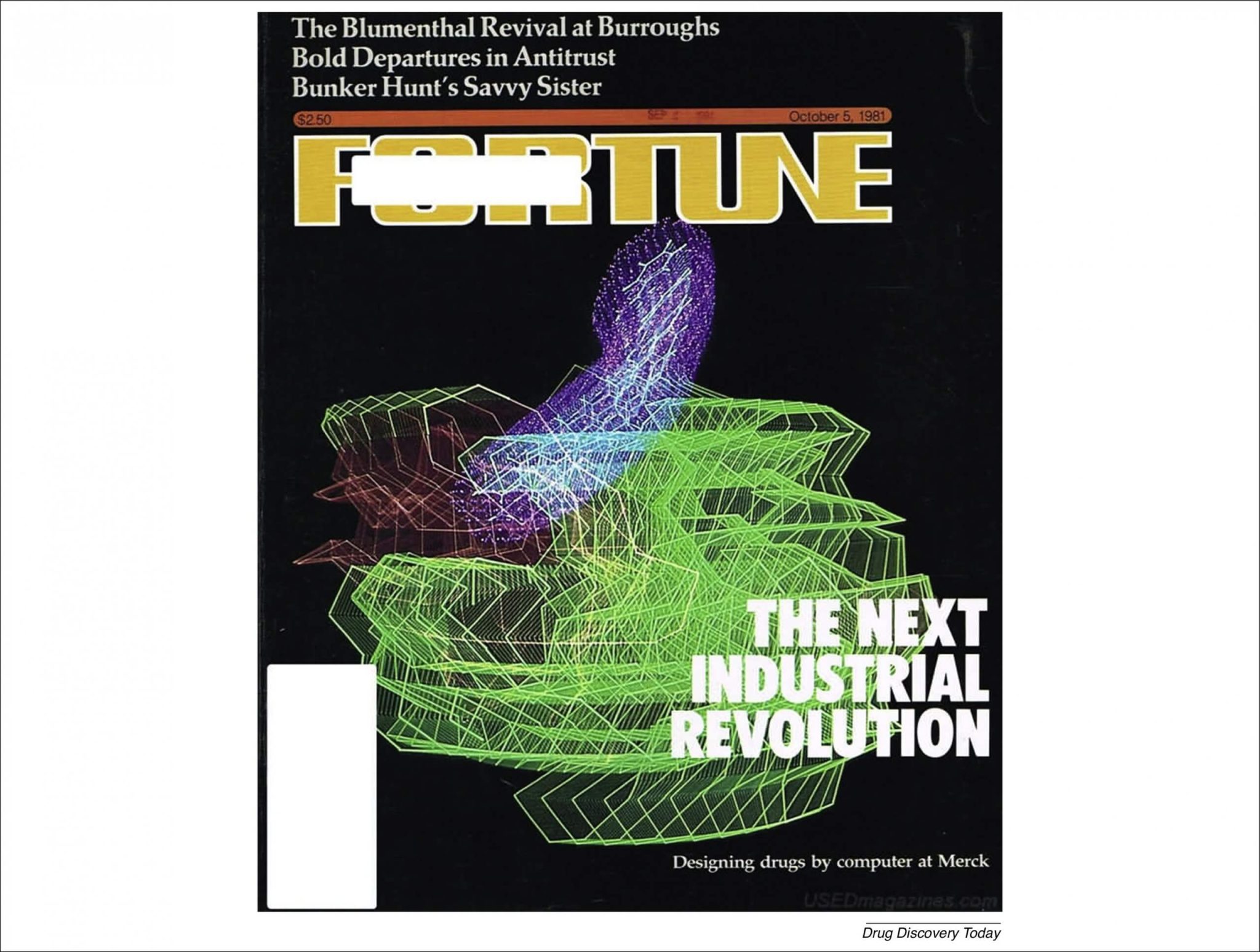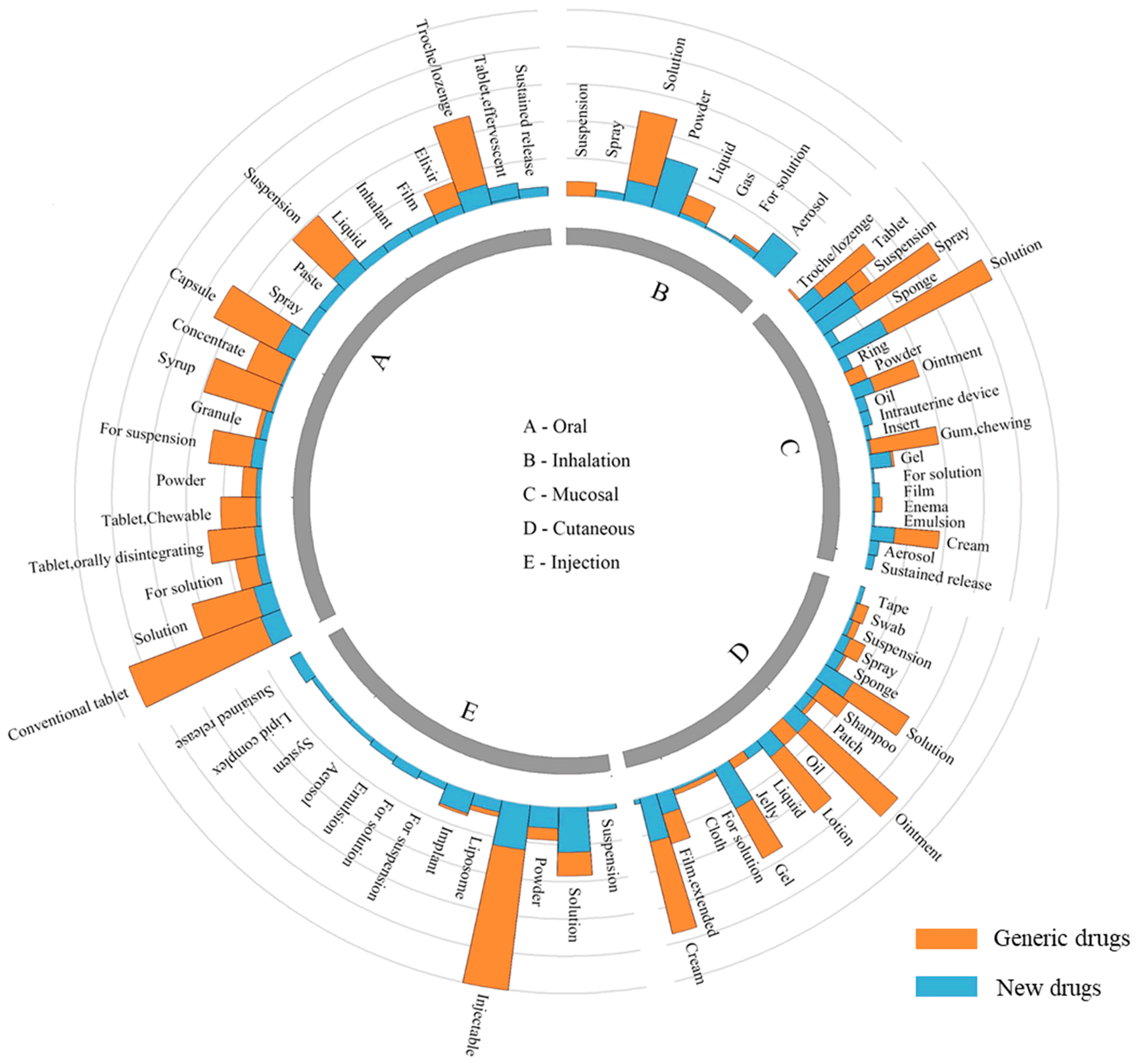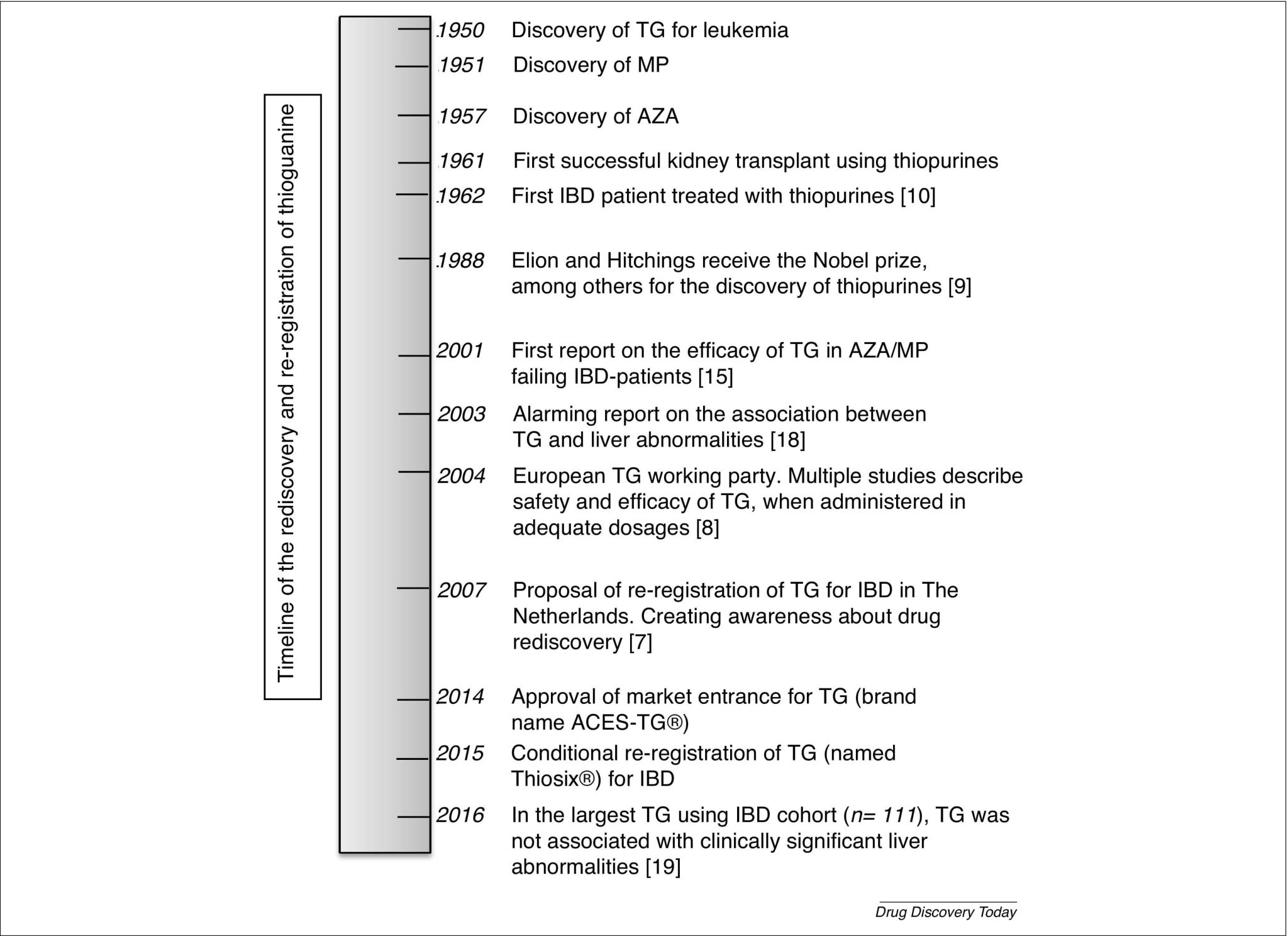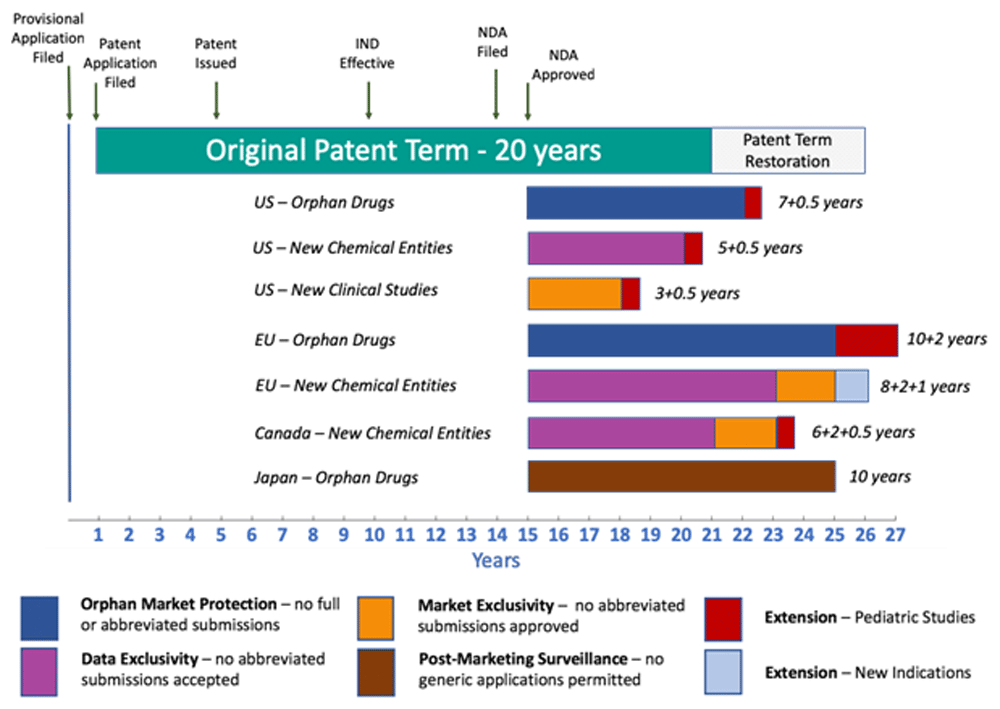Litigation Summary and Analysis for SALIX PHARMACEUTICALS, INC. v. CIPLA USA, INC.
Introduction
The litigation between Salix Pharmaceuticals, Inc. and Cipla USA, Inc. is a complex and multifaceted dispute involving patent infringement, arbitration, and jurisdictional issues. Here, we will delve into the key aspects of this litigation, analyzing the key points, decisions, and implications.
Background
Salix Pharmaceuticals, Inc. is a company known for its pharmaceutical products, including XIFAXAN® (rifaximin), which is used to treat conditions such as hepatic encephalopathy (HE) and irritable bowel syndrome with diarrhea (IBS-D). Cipla USA, Inc., a subsidiary of Cipla Limited, is involved in the manufacture and distribution of generic pharmaceuticals.
Patent Infringement Claims
Salix Pharmaceuticals v. Norwich Pharmaceuticals: A Precedent
Before diving into the specifics of the Salix v. Cipla litigation, it is important to understand the broader context. In a related case, Salix Pharmaceuticals, Inc. v. Norwich Pharmaceuticals, Inc., Salix asserted that Norwich’s Abbreviated New Drug Application (ANDA) for a generic version of rifaximin infringed several of Salix’s patents[3][4].
Claims and Outcomes
In the Salix v. Norwich case, the district court found that Norwich’s ANDA infringed some of Salix’s patents but also held that certain claims of the IBS-D and polymorph patents were invalid as obvious. The Federal Circuit reviewed this decision, upholding the validity of the HE method-of-use patents but overturning the invalidity findings for the IBS-D and polymorph patents[3].
Salix Pharmaceuticals, Inc. v. Cipla USA, Inc.: Specific Litigation
Jurisdiction and Personal Jurisdiction
The litigation between Salix and Cipla involves several jurisdictional challenges. Cipla USA, Inc. and its parent company, Cipla Limited, have been subject to various lawsuits in the United States, particularly in the District of New Jersey. The court has established personal jurisdiction over Cipla Limited and its subsidiaries due to their significant business activities in the United States, including manufacturing and selling pharmaceutical products[2].
Patent Infringement Allegations
Salix Pharmaceuticals has alleged that Cipla USA, Inc. has infringed its patents related to rifaximin, similar to the allegations made against Norwich Pharmaceuticals. The case involves multiple patents, including those directed to treating HE and IBS-D, as well as polymorph patents related to the drug’s form.
Arbitration and Evidence Admission
Cipla v. Salix Pharmaceuticals: Arbitration Ruling
In a related arbitration case, Cipla Ltd. v. Salix Pharmaceuticals, the arbitrator ruled against Cipla’s claim for royalties due to insufficient evidence. The arbitrator refused to admit late evidence regarding polyamorphism (the existence of multiple XRPD patterns for amorphous rifaximin), which Cipla argued was crucial to their case. The Commercial Court upheld this decision, emphasizing the importance of presenting all relevant evidence in a timely manner[1].
Decision and Implications
Commercial Court’s Decision
The Commercial Court’s decision in the arbitration case highlights the critical need for parties to present all necessary evidence during the proceedings. The court dismissed Cipla’s challenge to the arbitration award, stating that the arbitrator acted fairly and impartially by not allowing late evidence that could have altered the course of the case[1].
Implications for Future Litigation
This decision serves as a warning to parties involved in litigation to ensure that all foundational evidence is presented in a timely manner. Failure to do so can result in significant legal setbacks, as seen in the Cipla v. Salix Pharmaceuticals case.
Current Litigation Status
Ongoing Proceedings
The current litigation between Salix and Cipla is ongoing, with various motions and counterclaims being filed. The court is considering issues of personal jurisdiction, patent infringement, and the validity of Salix’s patents. The outcome of this litigation will have significant implications for both companies and the broader pharmaceutical industry[2][5].
Key Takeaways
- Timely Evidence Presentation: The arbitration case between Cipla and Salix emphasizes the importance of presenting all relevant evidence in a timely manner to avoid legal setbacks.
- Jurisdictional Challenges: Cipla USA, Inc. and its parent company face jurisdictional challenges due to their extensive business activities in the United States.
- Patent Validity: The validity of Salix’s patents, particularly those related to rifaximin, remains a critical issue in the ongoing litigation.
- Industry Implications: The outcome of this litigation will have significant implications for the pharmaceutical industry, particularly in the context of generic drug approvals and patent infringement.
FAQs
What is the main issue in the Salix v. Cipla litigation?
The main issue is patent infringement, with Salix alleging that Cipla’s generic version of rifaximin infringes its patents.
Why was Cipla’s arbitration claim dismissed?
Cipla’s arbitration claim was dismissed because the arbitrator refused to admit late evidence regarding polyamorphism, which Cipla argued was crucial to their case.
What is the significance of the Commercial Court’s decision in Cipla v. Salix?
The decision highlights the importance of presenting all necessary evidence in a timely manner during legal proceedings.
How does the Salix v. Norwich case relate to the Salix v. Cipla litigation?
Both cases involve patent infringement claims related to rifaximin, with similar issues of patent validity and infringement being contested.
What are the jurisdictional challenges faced by Cipla in the US?
Cipla faces personal jurisdiction challenges due to its significant business activities in the United States, including manufacturing and selling pharmaceutical products.
Cited Sources
- Cipla Ltd v Salix Pharmaceuticals, Inc. [2023] EWHC 910 (Comm)
- InvaGen represented that it “has a 100% fully owned subsidiary named Cipla USA Inc.” [PDF] Case 3:24-cv-09110-RK Document 1 Filed 09/11/24
- Salix Pharmaceuticals, Ltd. v. Norwich Pharmaceuticals Inc. [PDF] United States Court of Appeals for the Federal Circuit
- Norwich Pharm. v. Becerra, 703 F. Supp. 3d 1 – Casetext
- SALIX PHARMACEUTICALS, INC. et al v. CIPLA USA, INC. 1:24-cv-10213























